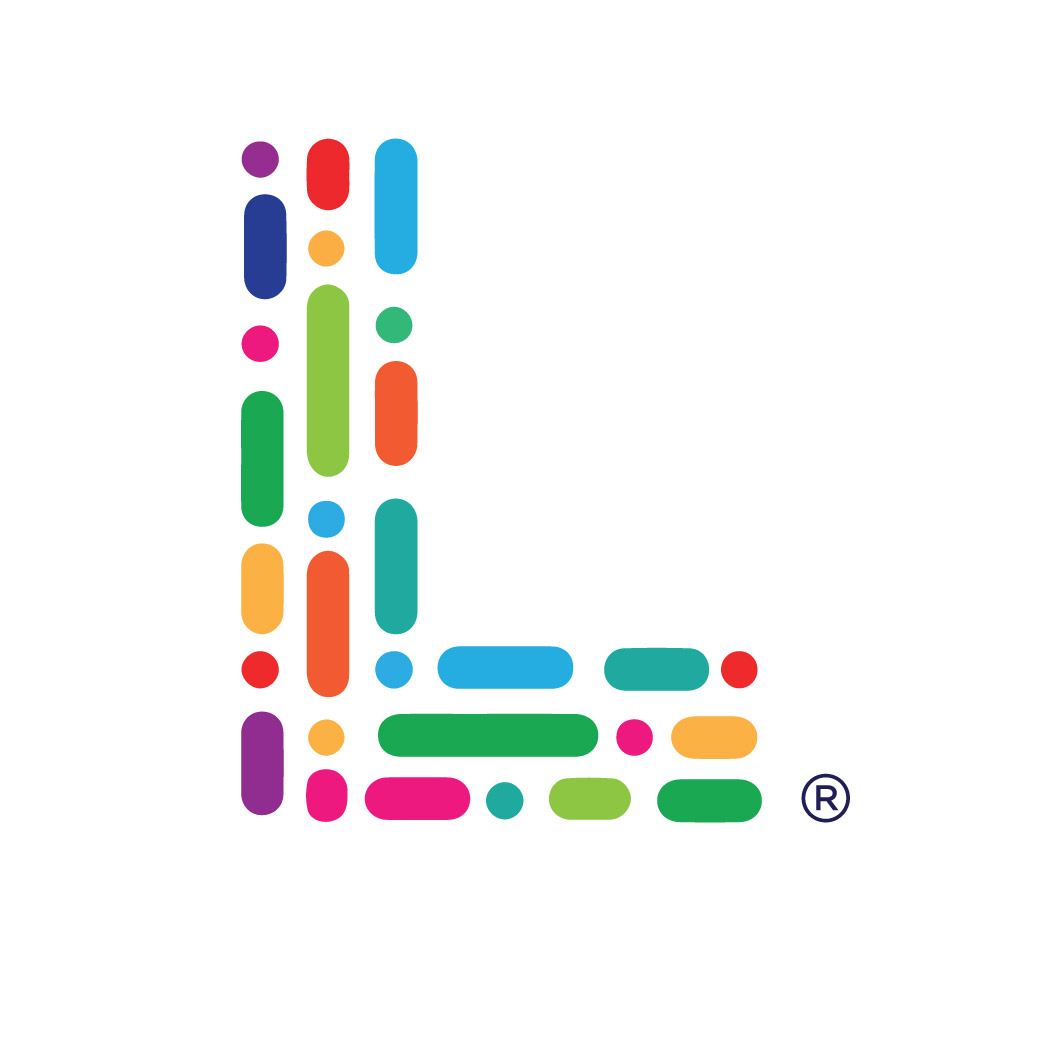If you are an international student pursuing a programme in the US, you will probably find it hard to make ends meet. The country is expensive, and study abroad budgets can easily topple your finances. Fortunately, you can explore the option of working as an international student. You can find employment in an hourly position or hold an assistantship, whichever works for you.
However, you are not eligible for work-study positions since these come under a federally funded programme. You must contact the Office of International Services (OIS) before accepting any on-campus employment to be on the safe side. Here are some more facts you must bear in mind if you want to work as an international student in the US.
OPTIONS FOR STUDENTS WITH AN F-1 VISA
If you have an F-1 visa, you will not require OIS authorization to work on campus. However, you will have to maintain legal immigration status by following the essential conditions. These include:
- Enrolling as a full-time student in the US
- Working for a maximum of 20 hours a week during the spring and fall semesters
According to OIS, F-1 students can avail four categories of employment, depending on their circumstances:
On-campus employment– You have a job on-campus at the university. Although it is the easiest option, limited employment opportunities are often a hindrance for students.
Curricular Practical Training- It is a practical training opportunity for students to gain experience in their field of study. Apart from having an F-1 status, you will require an offer letter for the relevant training opportunity to get CPT authorization. It is provided on a semester-by-semester basis. You have to ensure that you do not withdraw from classes or drop credits tied to CPT authorization because it can lead to the cancelation of the authorization.
Optional Practical Training- F-1 students completing a programme of study can avail of this option. You may be eligible for 12 months OPT after graduation to gain practical training related to the major field of study. OPT is granted by U.S. Citizenship and Immigration Services. Each level of higher education finished makes you eligible for 12 months of OPT. You have to submit your application for OPT 90 days before the completion of the programme and no later than 60 days after its completion.
Severe financial hardship- You can seek permission from the USCIS to work off-campus if going through severe, unexpected financial difficulties. But you will need to validate the condition to get authorization.
OPTIONS FOR STUDENTS WITH AN J-1 VISA
International students with a J-1 visa also require authorization for any type of employment in the country. You will have to submit the DS-2019 form, which is the Certificate of Eligibility for Exchange Visitor (J-1) Status, to get authorization from OIS. Obtaining this authorization is often challenging, but an OIS advisor can show you the way. Once you get authorization, you can work up to 20 hours per week, just as with the F-1 visa.
You can seek on-campus employment or try for Academic Training. The latter lets you explore opportunities in your field of study that align with your overall academic goals. You will have to apply for authorization a minimum of two weeks before beginning the academic programme, and not later than two weeks after completing it.
The application requires you to provide information about the prospective training opportunity and validate health insurance details. You will also need to give a copy of the offer letter to your academic advisor. Further, you will have to furnish a letter from the employer on company letterhead stating the location of employment, name of the supervisor, duties of the training opportunity, start and end dates, proposed salary amount, and the number of hours of work weekly.
WHAT NEXT!
An international student receiving income has to give a Social Security number to their employer for tax purposes. You can get an SSN by applying at the local Social Security Administration office in person. The application will require a valid passport, DS-2019, an I-20, and other documents validating immigrant or nonimmigrant status. You will have to provide an additional identification proof, such as your student ID card.
The number of hours worked with assistantships and fellowships is determined by a contract instead of the actual number of hours worked. For example, if your contract states 20 hours but you work only 15 hours, the period will still be counted as 20 hours mentioned in the contract. As an exception, you can work full-time during Thanksgiving and spring, summer, or winter breaks. In special circumstances, you can work for more than 20 hours per week, but you will need permission from OIS.

If you are considering studying abroad why don’t you discuss your prospects and opportunities with experts at Lurnable’s dedicated study abroad counselling division LurnPathways?





